Tree Bark Facts: Exploring Nature's Armor
If you want to learn more about the tree’s outermost layer, you’re barking up the right tree! Tree bark is a pretty fascinating thing once you find out more about it. All bark is essential to a tree’s life, and it’s not just a way to tastefully cover the ground of your backyard, as Home Depot might have you believe! Enjoy delving into these tree bark facts.
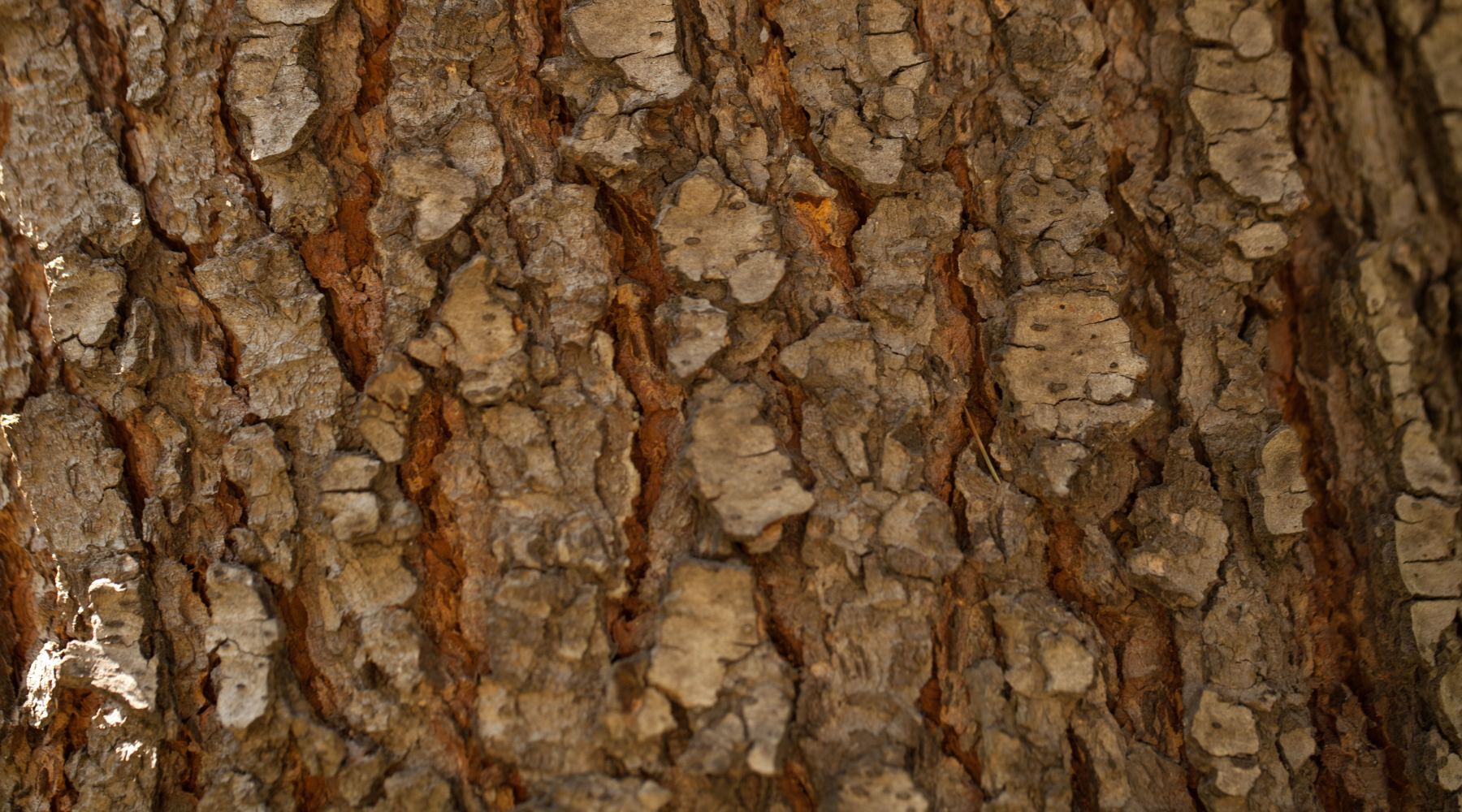
Tree Bark Facts
There Are Many Tree Bark Types
Trees have many different kinds of bark, from the chainmail-like plating of palm trees to the sanded smooth bark of a beech tree. These variations in texture, and also color, can help to identify the type of tree.
Thickness of bark can also help to identify different tree species e.g. sycamores and birch usually have thin bark. Trees in fire-prone areas often have thicker bark to provide protection from wildfires. Coastal redwoods are an example of a tree species with very thick bark, and it's this protective bark that aids them in being the tallest trees in the world.
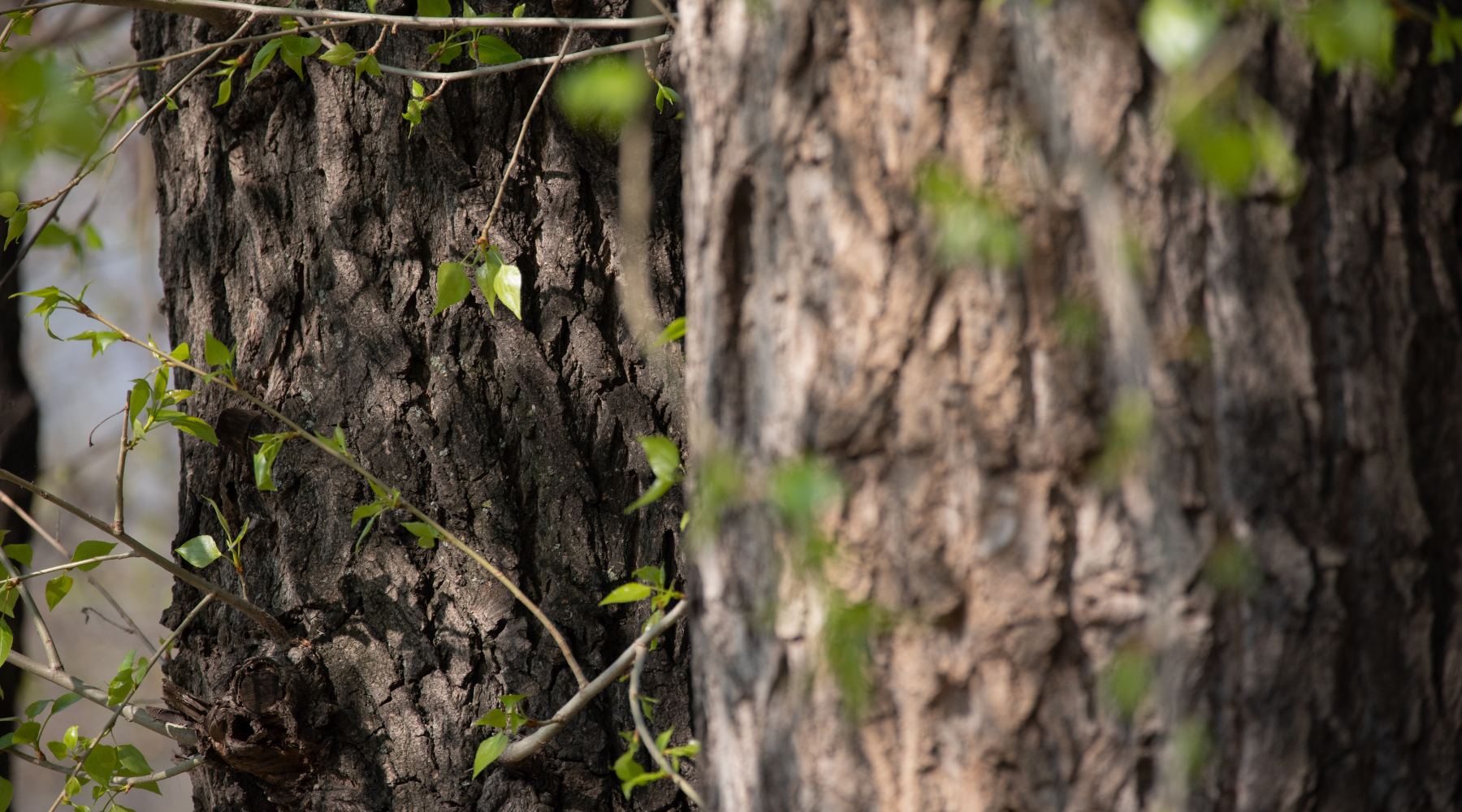
Outer Protective Bark Layer
The bark of a tree is an outer protective layer that periodically sheds and is continuously renewed and growing. The outermost layer of bark serves as the armor of the tree. It’s a protective covering that wards off the elements, extreme temperatures, any insects or critters looking for a taste of the tastier edible insides of a tree, and even fires.
Much like our skin, outer layers of bark are technically dead, even though it’s so vital to the tree’s survival. This is the reason for the intriguing patterns on most tree’s bark. The outer layer starts cracking when a tree expands because it isn’t alive and can’t keep growing. It eventually sloughs off usually while serving in its protective capacity.
Inner Bark Layers
The inner layer of the bark is much more active. For one, it’s still alive. The Phloem, or inner layer of bark, is used to transport food throughout the tree. It takes the food made by leaves during photosynthesis and helps spread it out around the entire organism through vertical tubes traveling the length of the tree. This layer solidifies and dies over time and eventually becomes outer bark after enough of the outer layer sloughs off and leaves the tree.
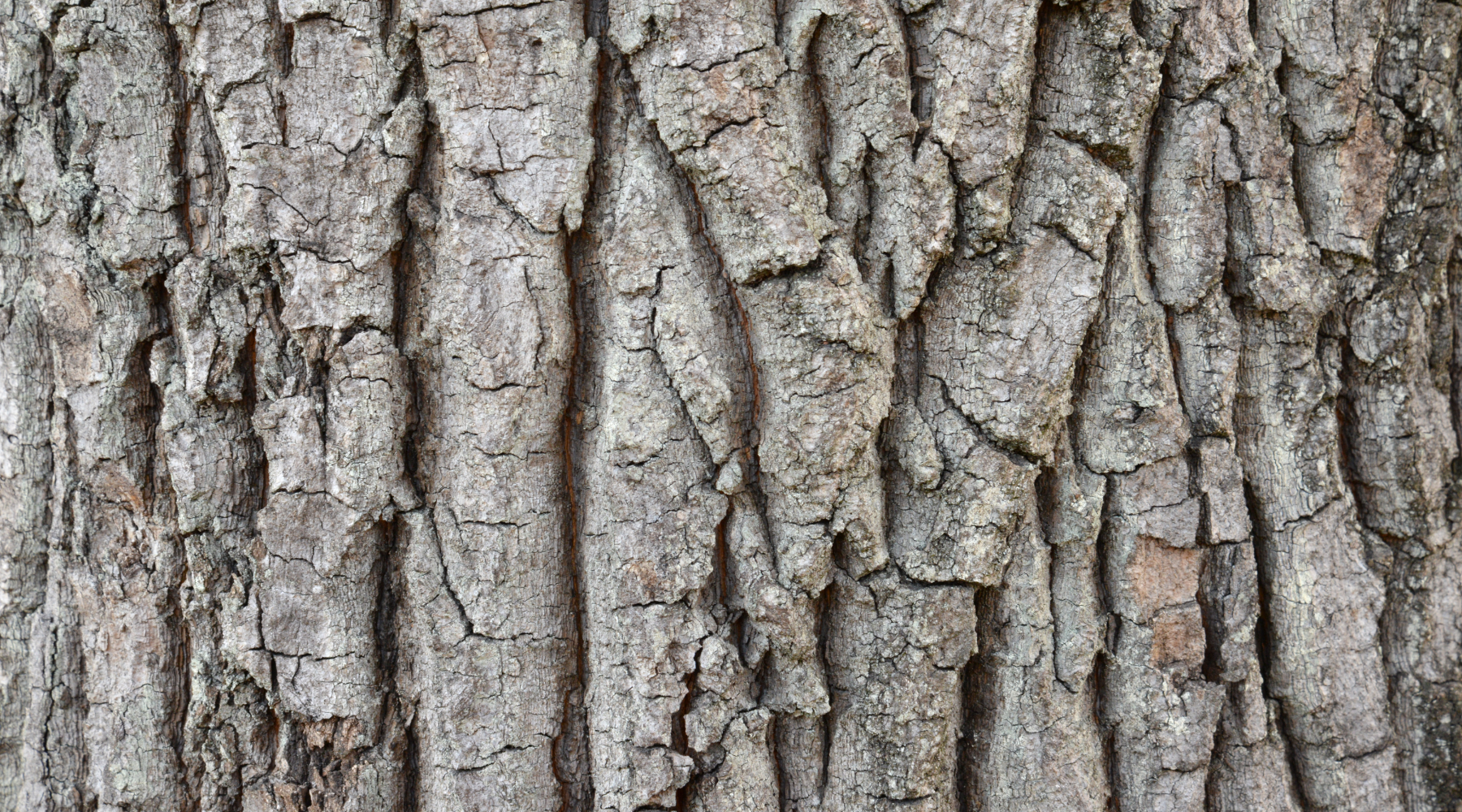
Tree Bark As Habitat and Food
As well as protecting the tree, tree bark also provides habitat for many forms of life, including mosses, lichens, insects, and birds. The bark of certain trees can also provide food for various creatures including squirrels, voles, deer, and elk. This shows how tree bark plays an important role in the ecosystem, helping to support and increase biodiversity.
The bark is an integral part of any tree that helps protect it and keep it healthy. Without bark, trees would be susceptible to all kinds of dangers. Celebrate the wonder of trees with our Trees Collection - full of hand-drawn designs including coastal redwoods, hemlocks, and much more. Every purchase also funds the planting of trees!

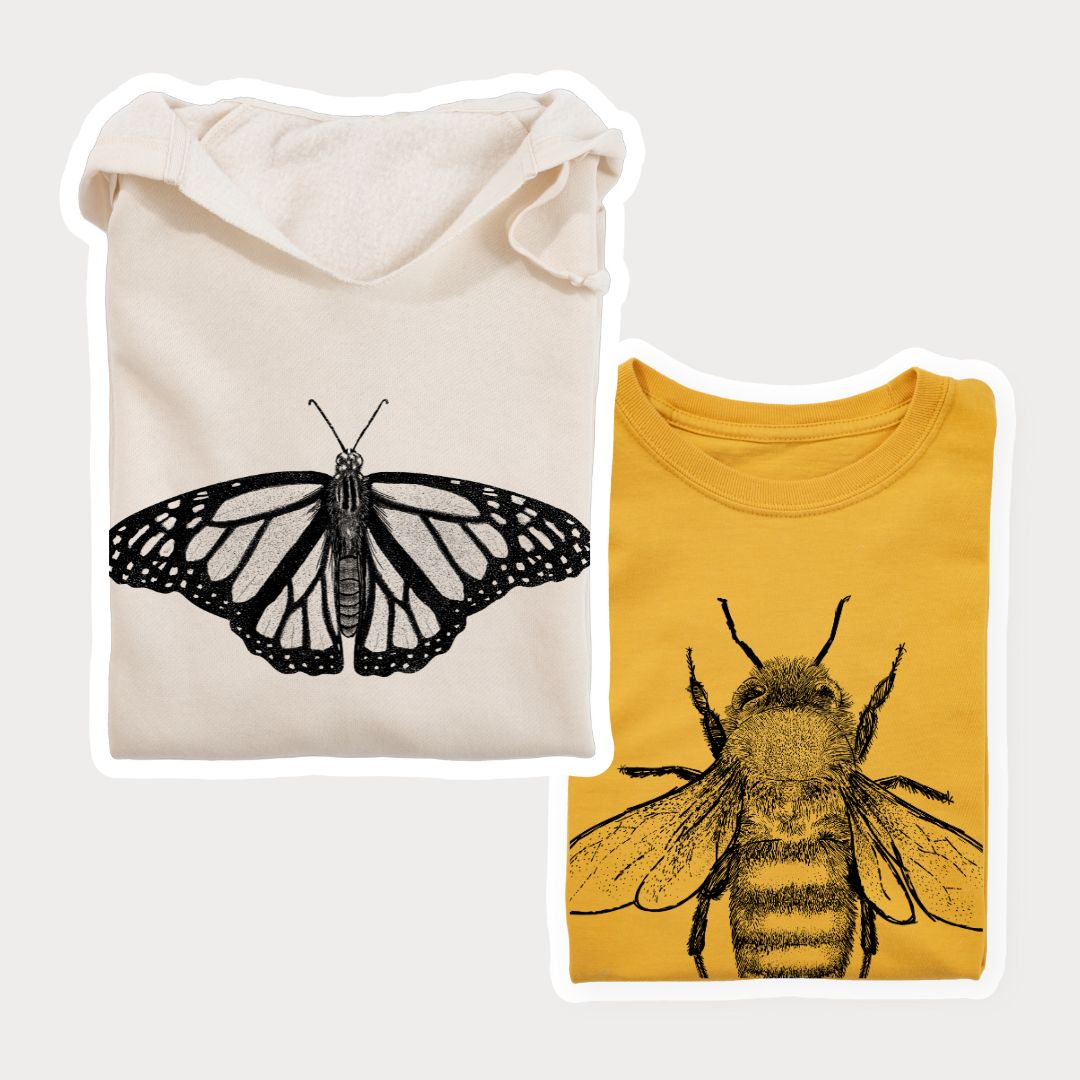

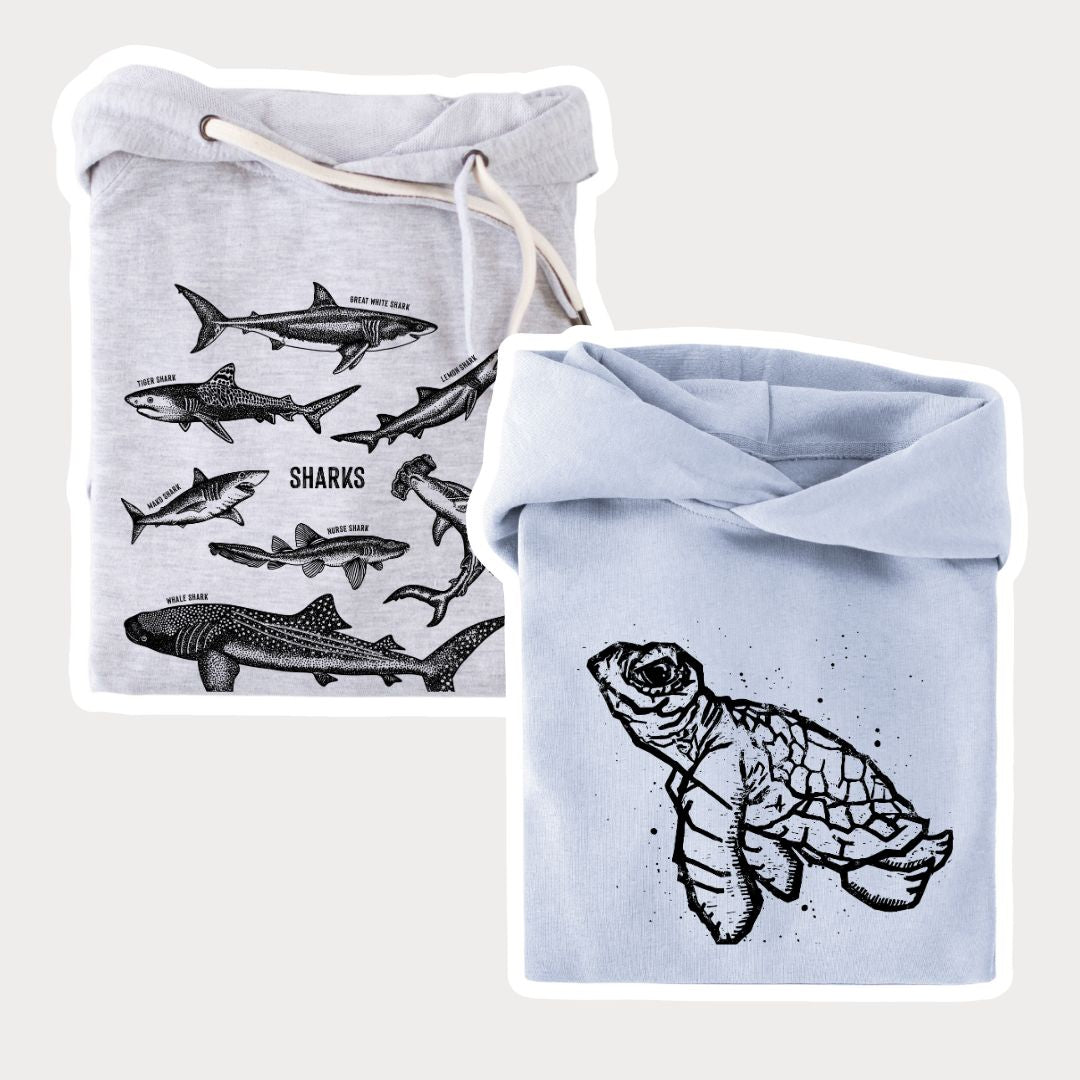
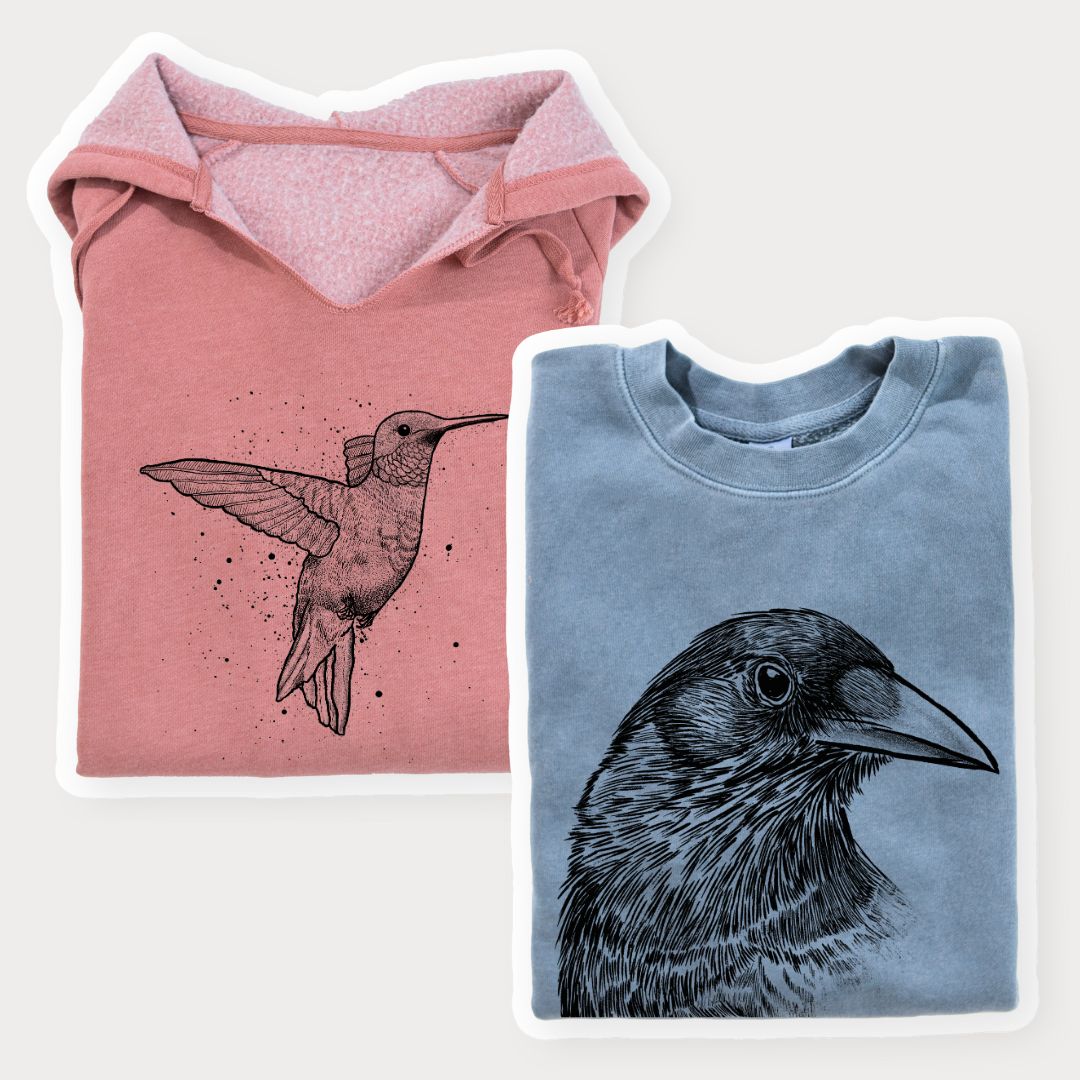
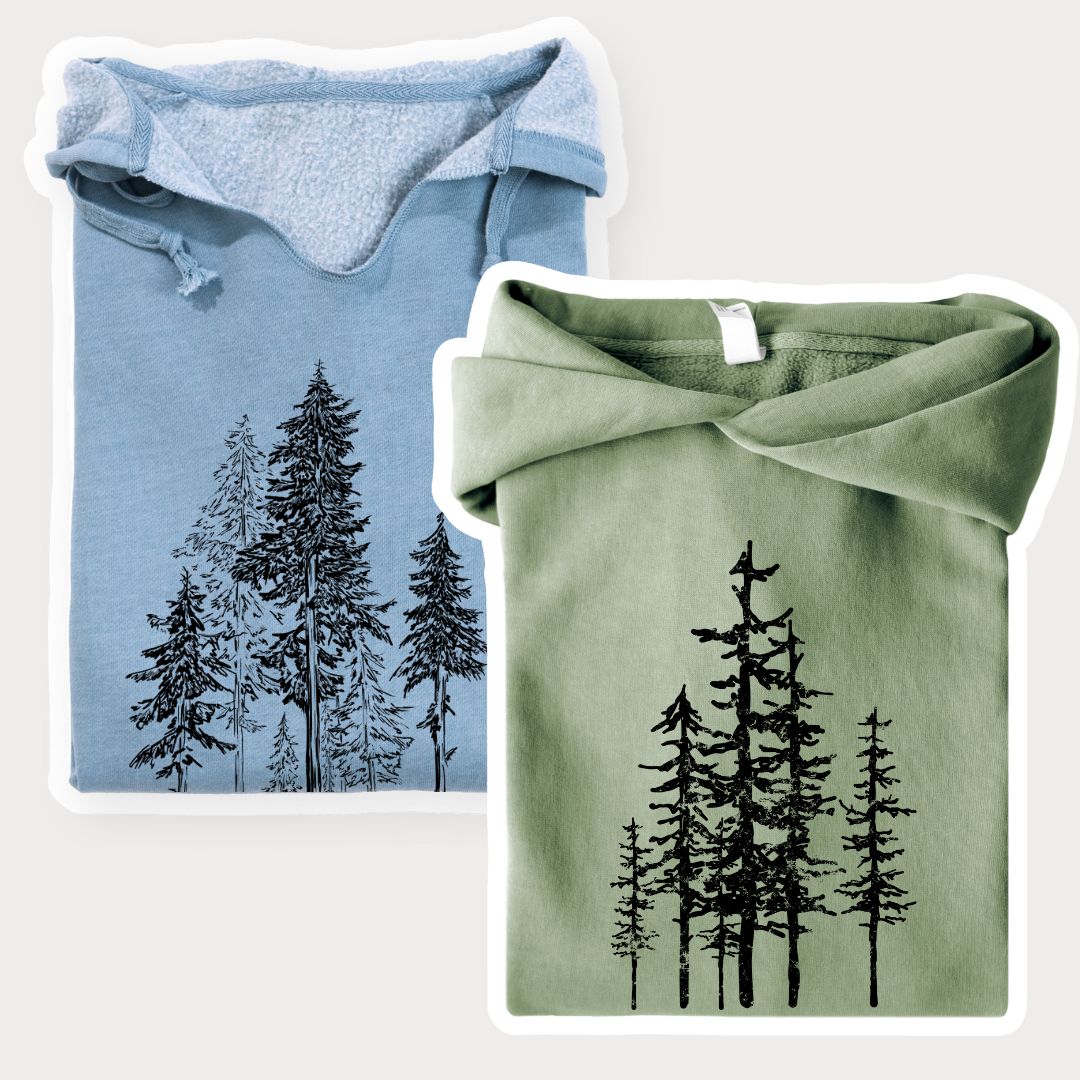
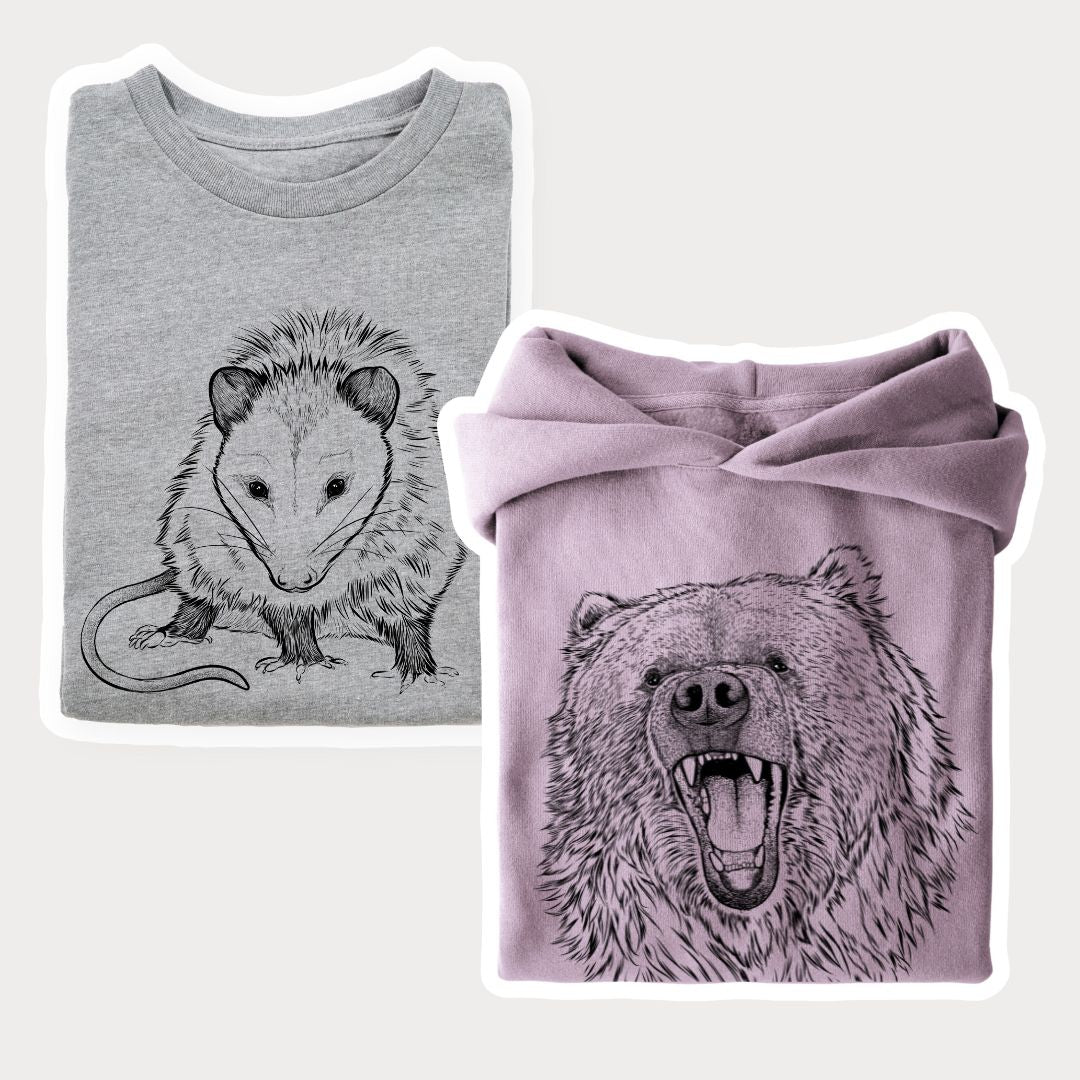


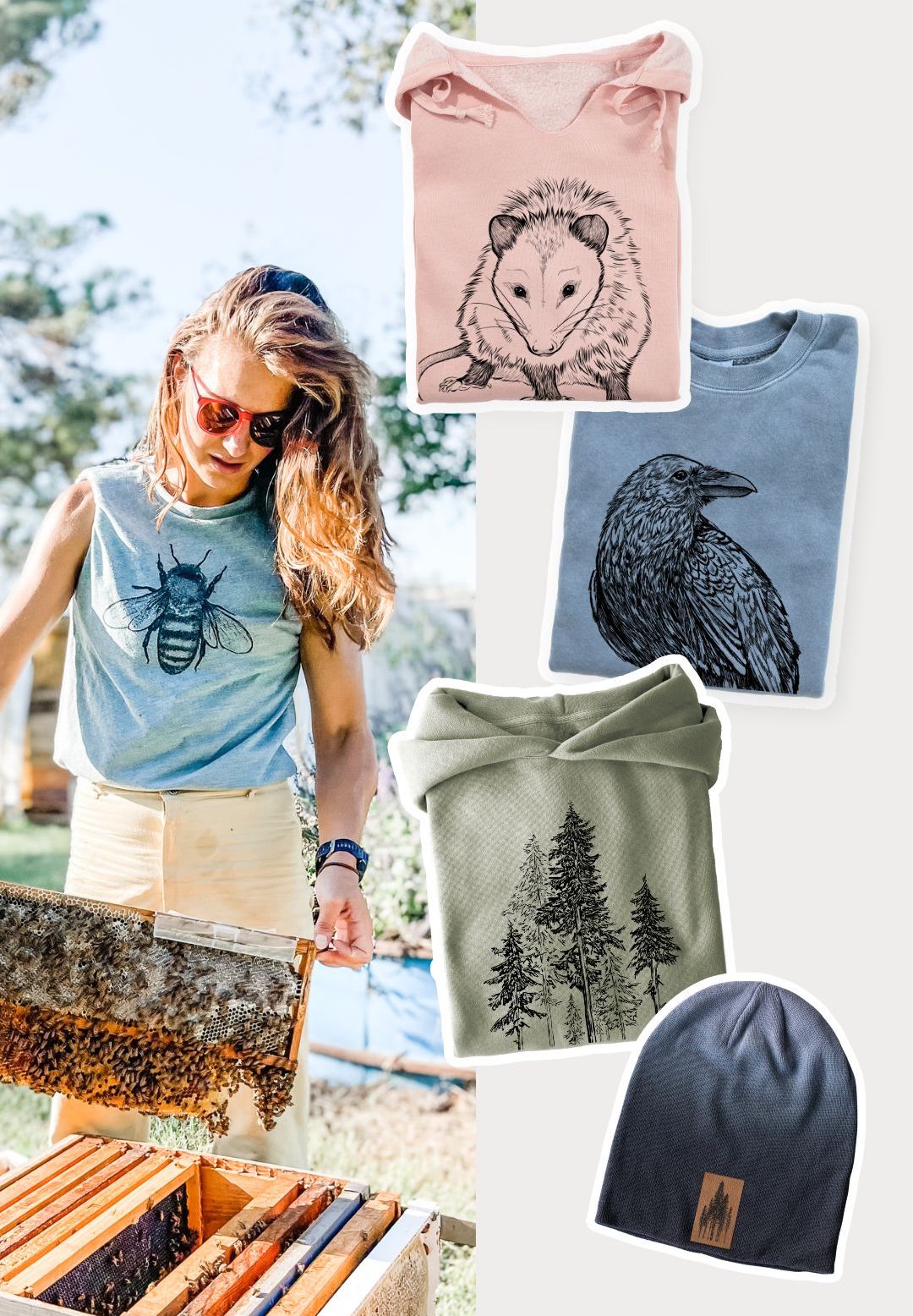

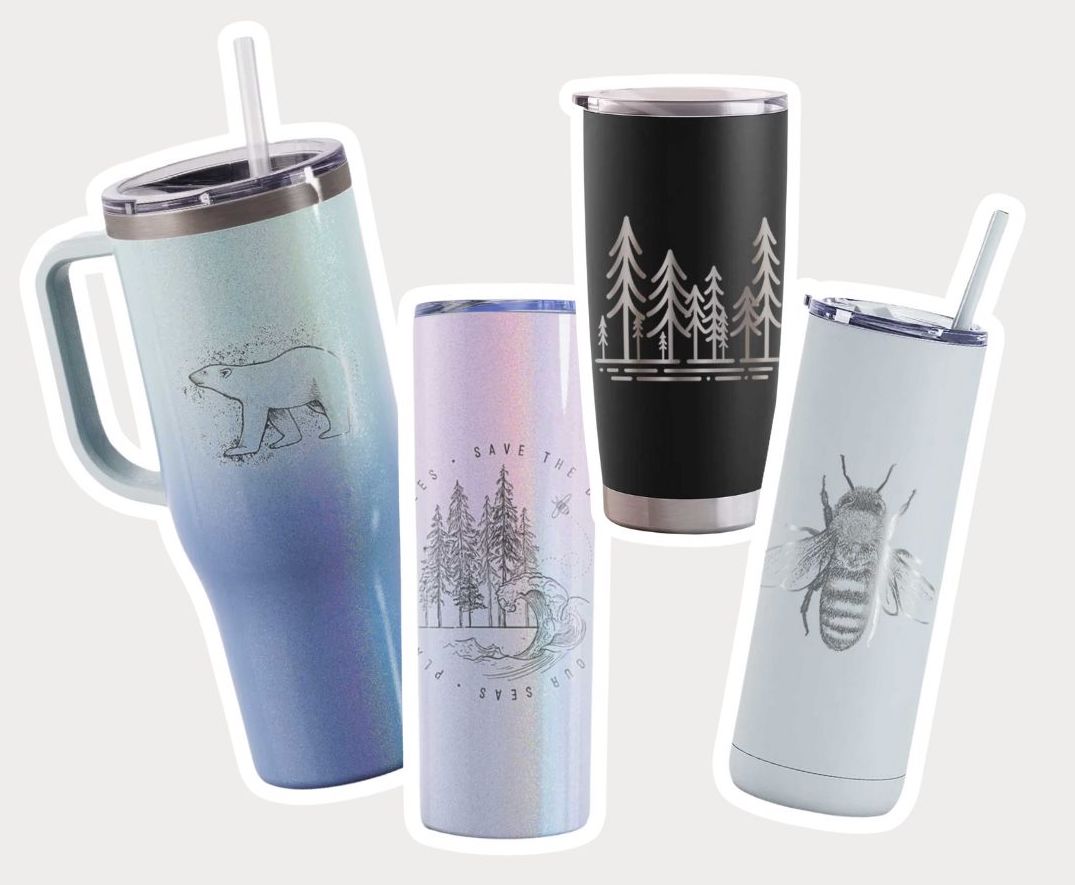
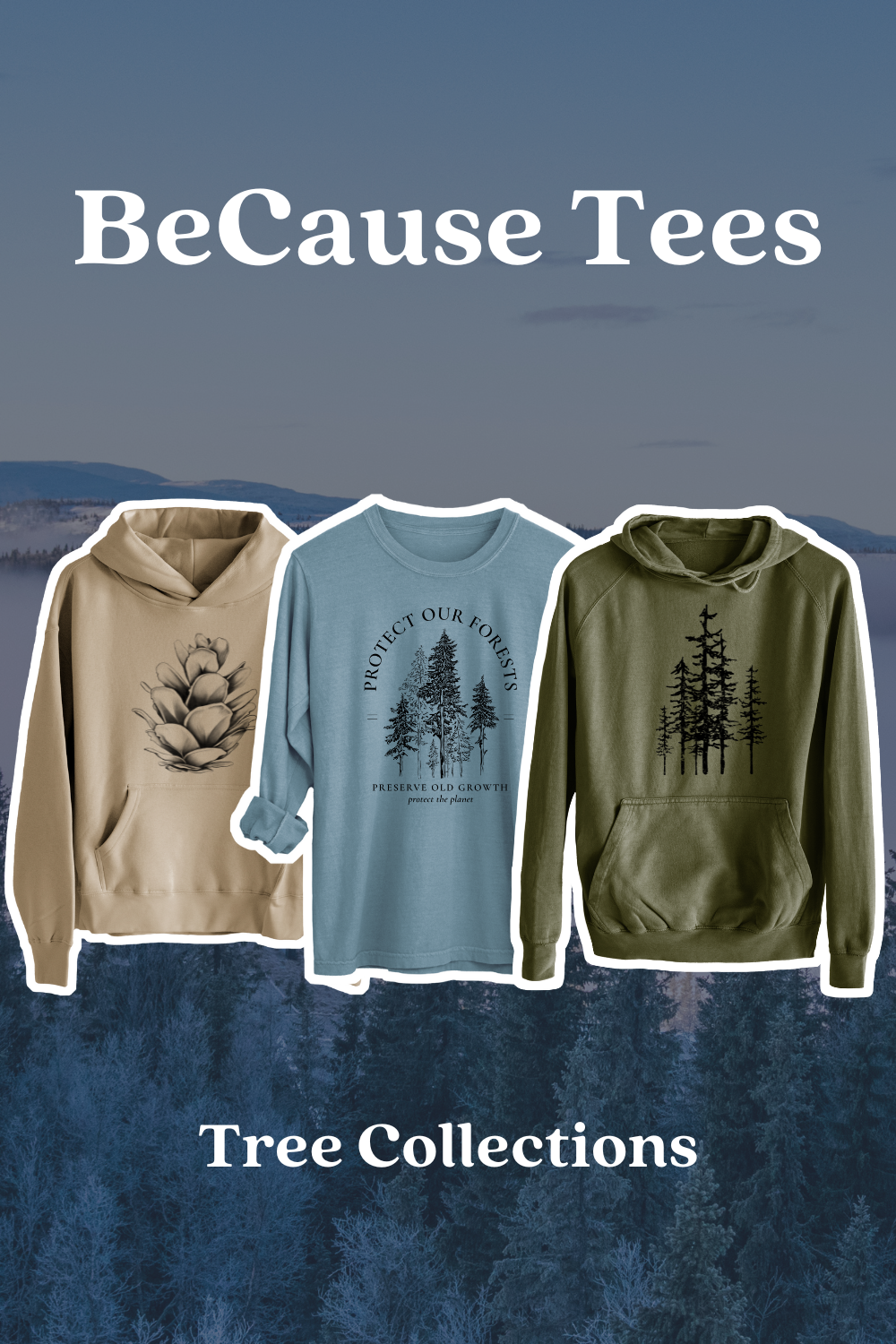

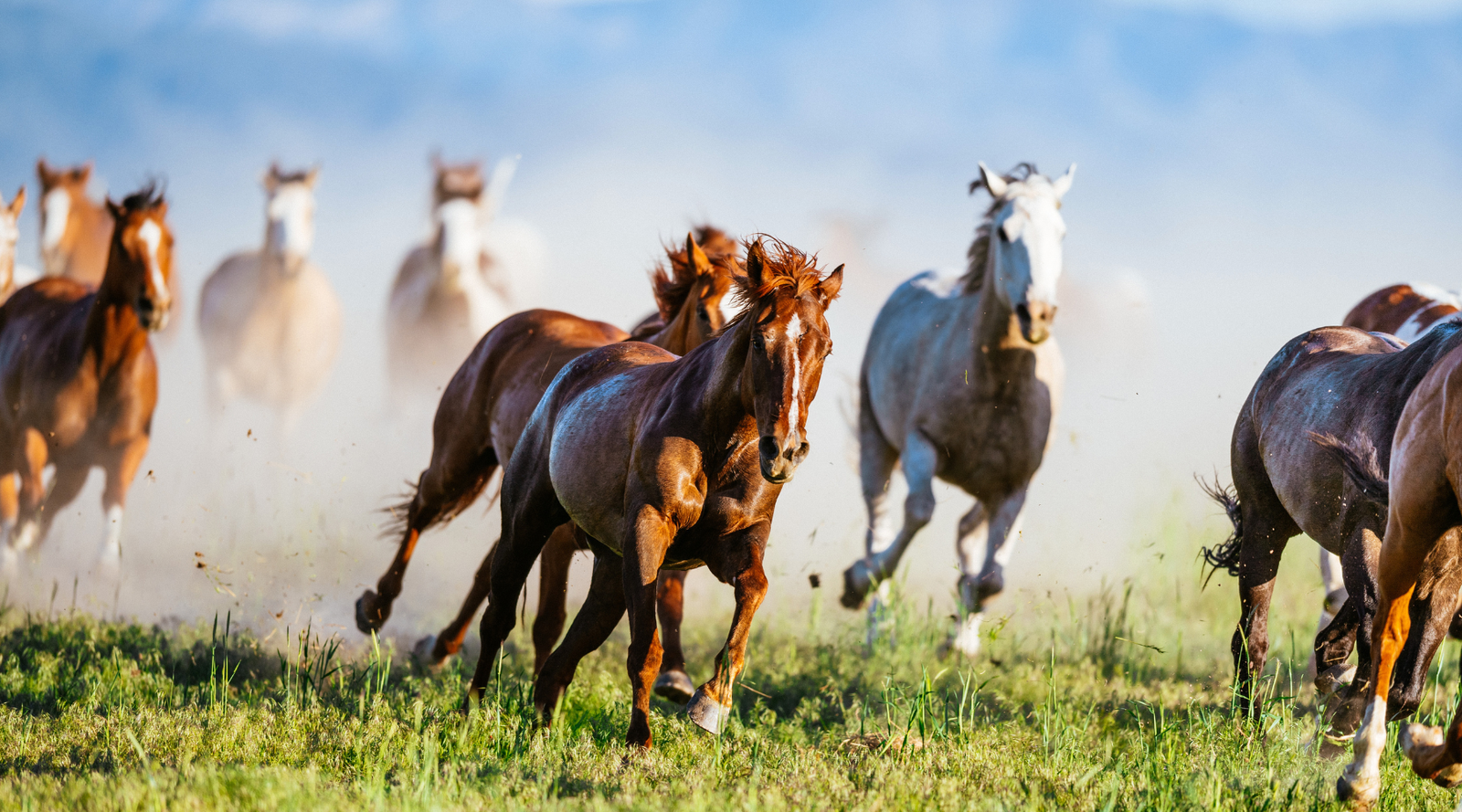

Leave a comment (all fields required)